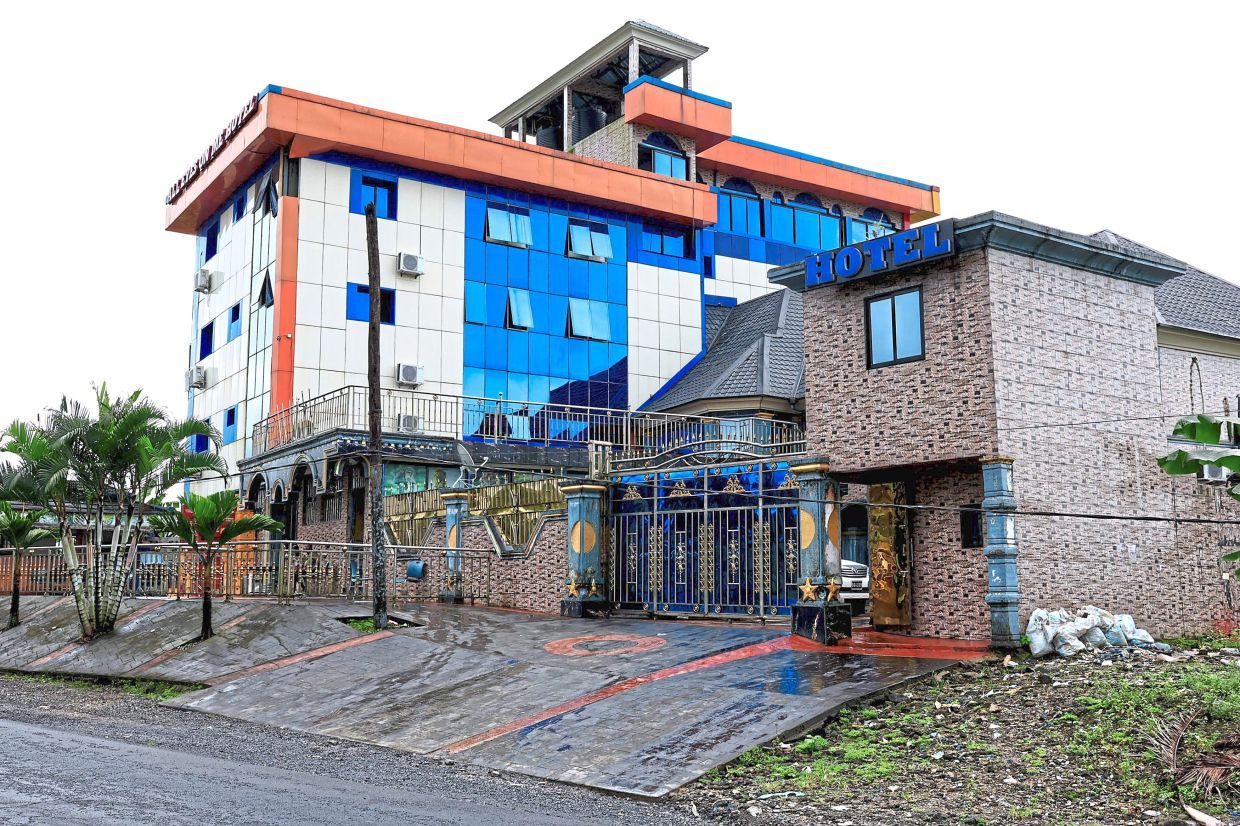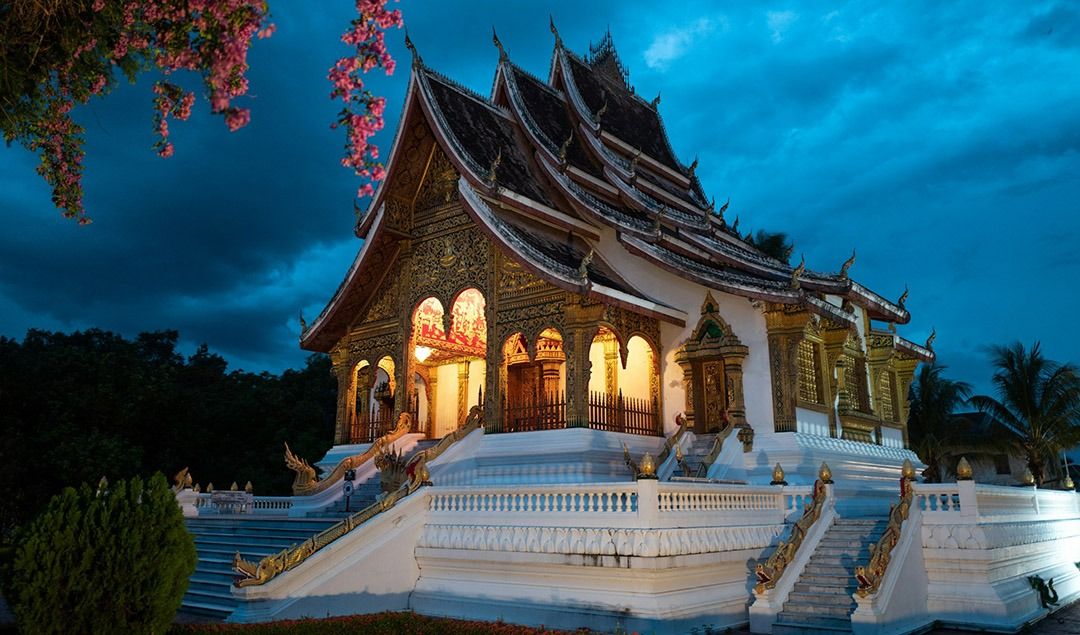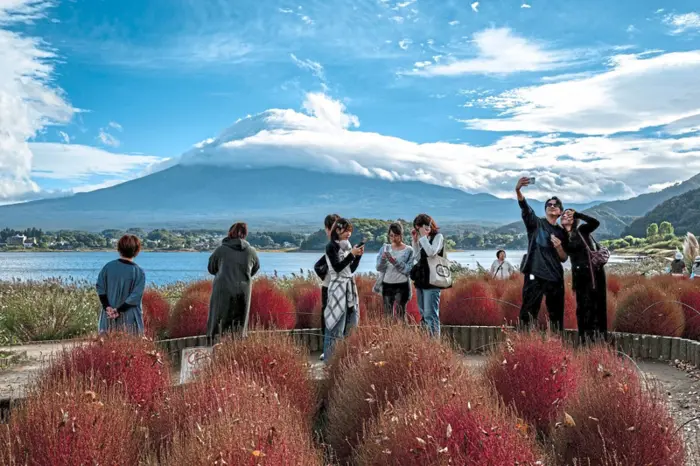LIMBE, Cameroon – Once a thriving seaside destination drawing visitors from across the globe, Cameroon’s tourism industry has been left in ruins by nearly a decade of separatist conflict in its English-speaking regions.
At the Seme Beach Hotel in Limbe, once bustling with tourists and business travellers, the contrast could not be starker. “This parking lot used to hold 300 cars. Today, there are just four,” said hotel manager Yann Anoko, his voice heavy with disappointment.
The unrest traces back to 2016, when English-speaking Cameroonians launched protests against what they saw as political and economic marginalisation by the largely francophone government. The crackdown that followed spiralled into an armed separatist movement, one that has claimed at least 6,000 lives and shattered the region’s economy.
While fighting has eased in recent years, tensions have resurfaced ahead of Cameroon’s presidential election on October 12. In the South-West region, the army’s heavy presence in towns like Limbe has restored a measure of stability, but tourists remain wary.
“The English-speakers’ demands have created panic among potential visitors,” Anoko said.
With occupancy rates plummeting, the Seme Beach Hotel has been forced to cut its workforce by 75%, shut down entire wings, and reduce the number of available rooms by half.
Veteran staff like Cyprine Okulodomo, a gardener of 15 years, recall better times. “During the week, oil companies brought business meetings and seminars here. On weekends, tourists came for the beaches, the lakes, the elephants, and the history of Bimbia,” he said. “It was much better that we had customers from all over.”
Since the conflict began, separatists have enforced a weekly “ghost town” strike every Monday, shutting down businesses and transport. Ahead of the election, that shutdown has been extended to the entire workweek, crippling the local economy.
“It’s a peaceful strike, not unrest,” Anoko explained. “But it paralyses everything, hotels stay open with no guests, and some businesses only operate on weekends.”
Local media reports that authorities have even tried to penalise businesses that comply with the strikes. During the 2018 presidential election, voter turnout was especially low in the Anglophone regions, where President Paul Biya, now 92 and the world’s oldest head of state, easily retained power.
In nearby Idenau, a small coastal town near Limbe, around 200 supporters recently gathered for a ruling party meeting under tight military security. Soldiers stood guard with assault rifles as attendees pledged loyalty to Biya, who has not appeared in person at any campaign event.
Among the crowd was Nina Gaelle, who fled her home in the North-West seven years ago to escape violence by separatist “Amba-boys.” “It is really peaceful here,” she said, comforted by the visible military presence.
Despite the turmoil, small hotels continue to operate where possible. Eric Mohntoh, who manages the 10-room All Eyes On Me Hotel in Idenau, said his guests are mainly business travellers heading to or from Nigeria.
“In other areas, people can get stranded because of ghost town operations. But here, things are still moving,” he said.
Hoteliers in Limbe are clinging to hope. The manager of a four-star hotel said efforts are underway to rebuild confidence among travellers.
“Visitors think there’s a war here, especially during election time. But it’s calm,” he said. “We try to change perceptions through social media and by inviting influencers to experience the reality.”
Back at Seme Beach, Anoko remains cautiously optimistic. Though the buildings stand half-empty and the beaches are quiet, he still believes the tides will turn. “We’re waiting for peace and for the tourists to return,” he said.





